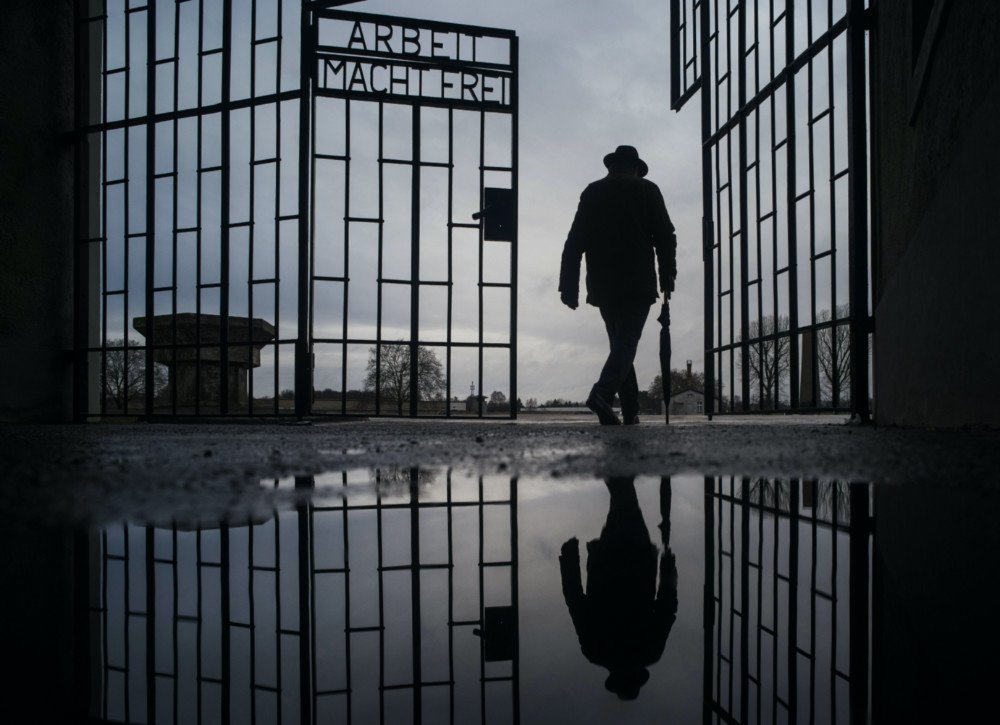German prosecutors have charged a 100-year-old man with 3,518 counts of being an accessory to murder on allegations he served during World War II as a Nazi SS guard at a concentration camp on the outskirts of Berlin, authorities said Tuesday.
The man is alleged to have worked at the Sachsenhausen camp between 1942 and 1945 as an enlisted member of the Nazi Party’s paramilitary wing, said Cyrill Klement, who led the investigation of the centenarian for the Neuruppin prosecutors’ office.
The man’s name wasn’t released in line with German privacy laws. Despite his advanced age, the suspect is considered fit enough to stand trial, though accommodations may have to be made to limit how many hours per day the court is in session, Klement told The Associated Press.
The Neuruppin office was handed the case in 2019 by the special federal prosecutors’ office in Ludwigsburg tasked with investigating Nazi-era war crimes, Klement said.
It comes after prosecutors in the northern town of Itzehoe announced accessory to murder charges last week against a 95-year-old woman who worked during the war as the secretary of the SS commandant of the Stutthof concentration camp. That case and the charges against the 100-year-old man both rely on recent legal precedent in Germany establishing that anyone who helped a Nazi camp function can be prosecuted for accessory to the murders committed there.
Efraim Zuroff, the chief Nazi hunter at the Simon Wiesenthal Center, said the two new cases serve as “vital reminders to the dangers of anti-Semitism, racism and xenophobia.”
“The advanced age of the defendants is no excuse to ignore them and allow them to live in the peace and tranquility they denied their victims,” he said.
The new legal precedent was established in 2011 with the conviction of former Ohio autoworker John Demjanjuk as an accessory to murder on allegations that he served as a guard at the Sobibor death camp in German-occupied Poland. Demjanjuk, who steadfastly denied the allegations, died before his appeal could be heard.
Read the article by David Rising (Warsaw, Poland) in Sight Magazine.

